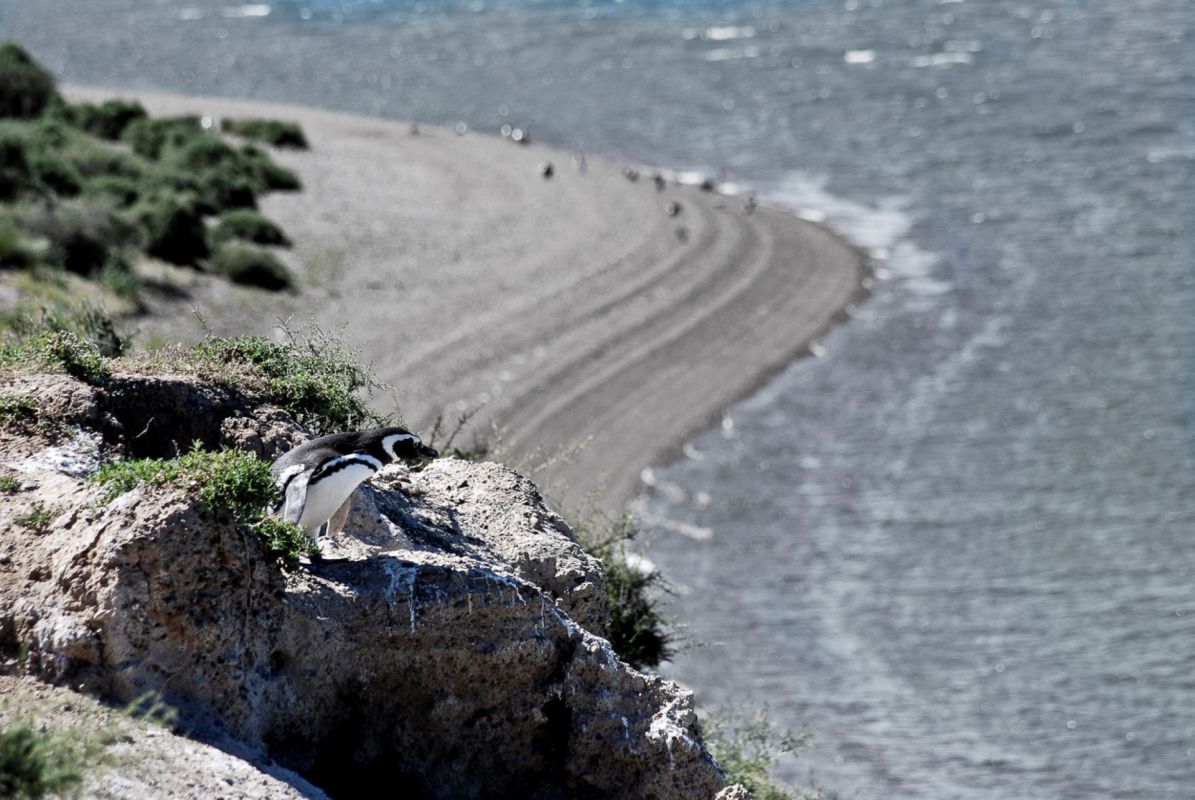Every year, Magellanic penguins nest in southern Argentina. They then swim north, migrating mid-year to escape the southern hemisphere's harsh winter. As with any migration, a few penguins die each year — but in 2023, they suffered a much larger die-off for unknown reasons, NDTV reported.
What happened?
In mid-July, roughly 2,000 dead penguins washed up on the Uruguay coast over the course of about ten days, NDTV said. Most of them were juveniles.
According to officials, the cause of death was not avian influenza, as NDTV reported that the birds tested negative. The exact cause of death hasn't been identified.
Carmen Leizagoyen, head of the Environment Ministry's Department of Fauna, told NDTV, "This is mortality in the water. Ninety percent are young specimens that arrive without fat reserves and with empty stomachs."
Leizagoyen continued, "It is normal for some percentage to die, but not these numbers."
She also mentioned a similar die-off that occurred last year in Brazil, NDTV reported.
Why is this alarming?
Mass die-offs like this one are a recurring problem. Sometimes the cause is natural, such as a dangerous weather event or a disease outbreak. In those cases, it's important to study what happened to protect people and livestock.
However, sometimes the problem is people. Humans produce pollution such as pesticides and other toxic chemicals, which can kill wildlife directly. Runoff from yards and farms can also carry fertilizer into water sources, where it causes algae blooms that kill other plants and animals.
Human activity in an area can disturb breeding and nesting grounds, damaging fragile populations. People may also destroy or harvest too much of a food source, leaving the animals that rely on it to starve.
When this happens, it causes severe and sometimes even irreversible damage to an ecosystem. This isn't just bad news for wildlife; it also affects people who depend on that ecosystem for food or for their livelihood.
What can be done to prevent further die-offs?
According to NDTV, environmental groups blame a lack of fish for the penguins' struggles — a strong possibility given that the dead birds were so underfed.
Luckily, a recent study on fishing bans revealed that they can successfully protect the affected area of the ocean from overfishing without impacting the fishing industry. Establishing a protected zone where the penguins can feed freely could give them a major boost and prevent them from dying off.
Join our free newsletter for cool news and cool tips that make it easy to help yourself while helping the planet.









